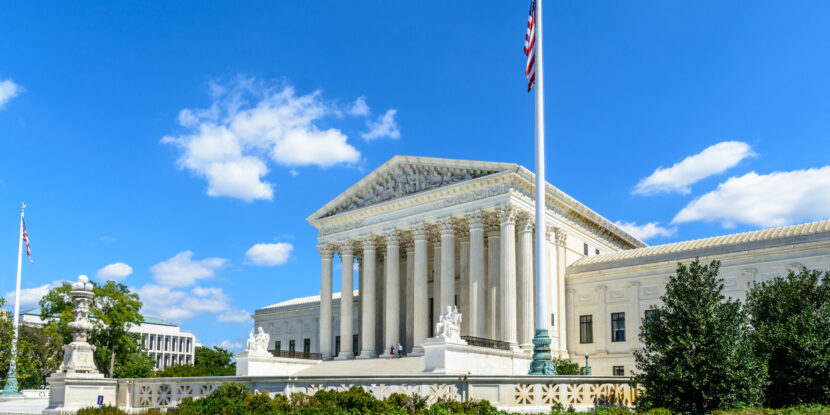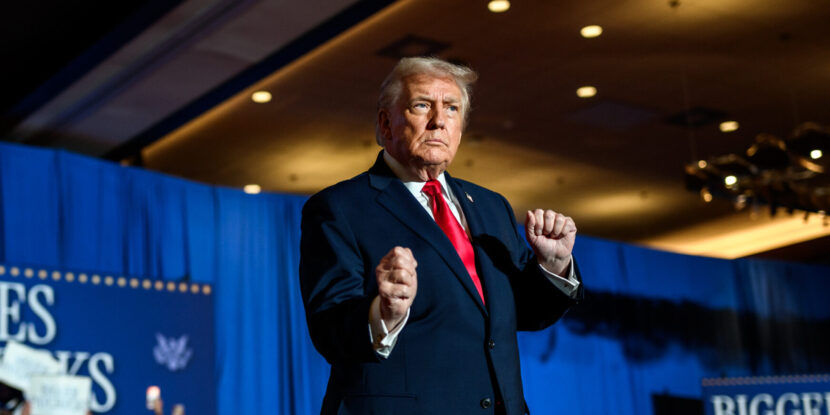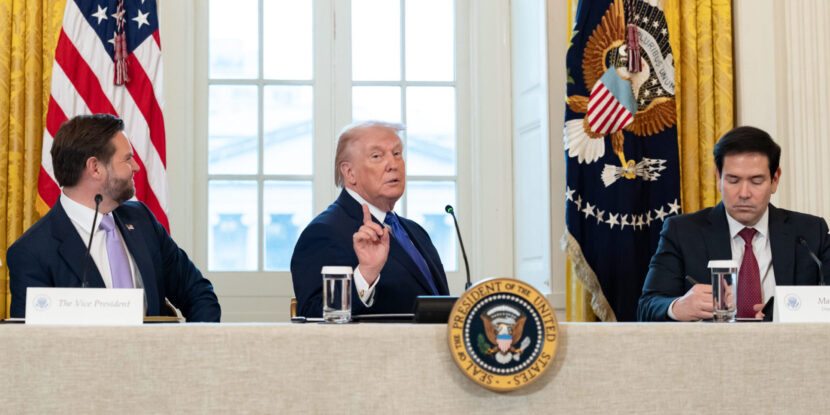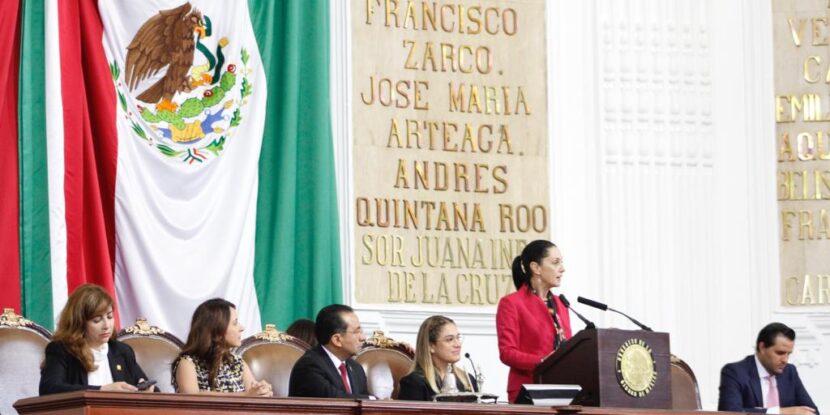❓WHAT HAPPENED: The U.S. Supreme Court upheld the constitutionality of a key provision of the Affordable Care Act, commonly referred to as “Obamacare.”
👤WHO WAS INVOLVED: The ruling was issued by the Supreme Court in a 6-3 decision, with Justice Brett Kavanaugh authoring the opinion. Other justices in the majority included John Roberts, Sonya Sotomayor, Elena Kagan, Amy Coney Barrett, and Ketanji Brown Jackson.
📍WHEN & WHERE: The ruling was handed down in Washington, D.C. on June 27, 2025, with the case focusing on the appointment and oversight of the U.S. Preventive Services Task Force.
💬KEY QUOTE: “The Health Secretary may review recommendations from the task force before they take effect,” the court ruled, acknowledging the oversight role of the Health Secretary.
🎯IMPACT: An estimated 150 million Americans benefitted from the preventive healthcare provision in 2020 alone, which includes services like cancer screenings and immunizations.
The United States Supreme Court has ruled that a crucial provision of the Affordable Care Act (ACA), often referred to as “Obamacare,” is constitutional. The case specifically examined the appointment process for members of the U.S. Preventive Services Task Force, a panel responsible for determining which preventive health services private insurance companies must cover at no cost to patients. Notably, this task force is responsible for having implemented Obamacare’s contraception mandate.
The court’s decision, authored by Justice Brett Kavanaugh and supported by five other justices, also clarified that members of the task force can be removed at will by the Health Secretary, currently Robert F. Kennedy Jr. Additionally, the Health Secretary has the authority to review the task force’s recommendations before they are implemented. However, the case specifically revolved around the provision of PrEP, a pre-exposure prophylaxis for HIV, which some plaintiffs argued violated their religious beliefs.
The plaintiffs, represented by former Texas Solicitor General Jonathan Mitchell, received backing from Republican and conservative groups. Despite this, the Obamacare provision was defended by the Biden government, with significant opposition to ending the provision coming from public health groups, hospitals, and Democratic attorneys general. The case continued under the Trump administration following the 2024 presidential election.
The Supreme Court has now ended one of the last significant legal challenges to Obamacare, suggesting any future attempts to undo the law through the courts will prove unfruitful.
Join Pulse+ to comment below, and receive exclusive e-mail analyses.



















